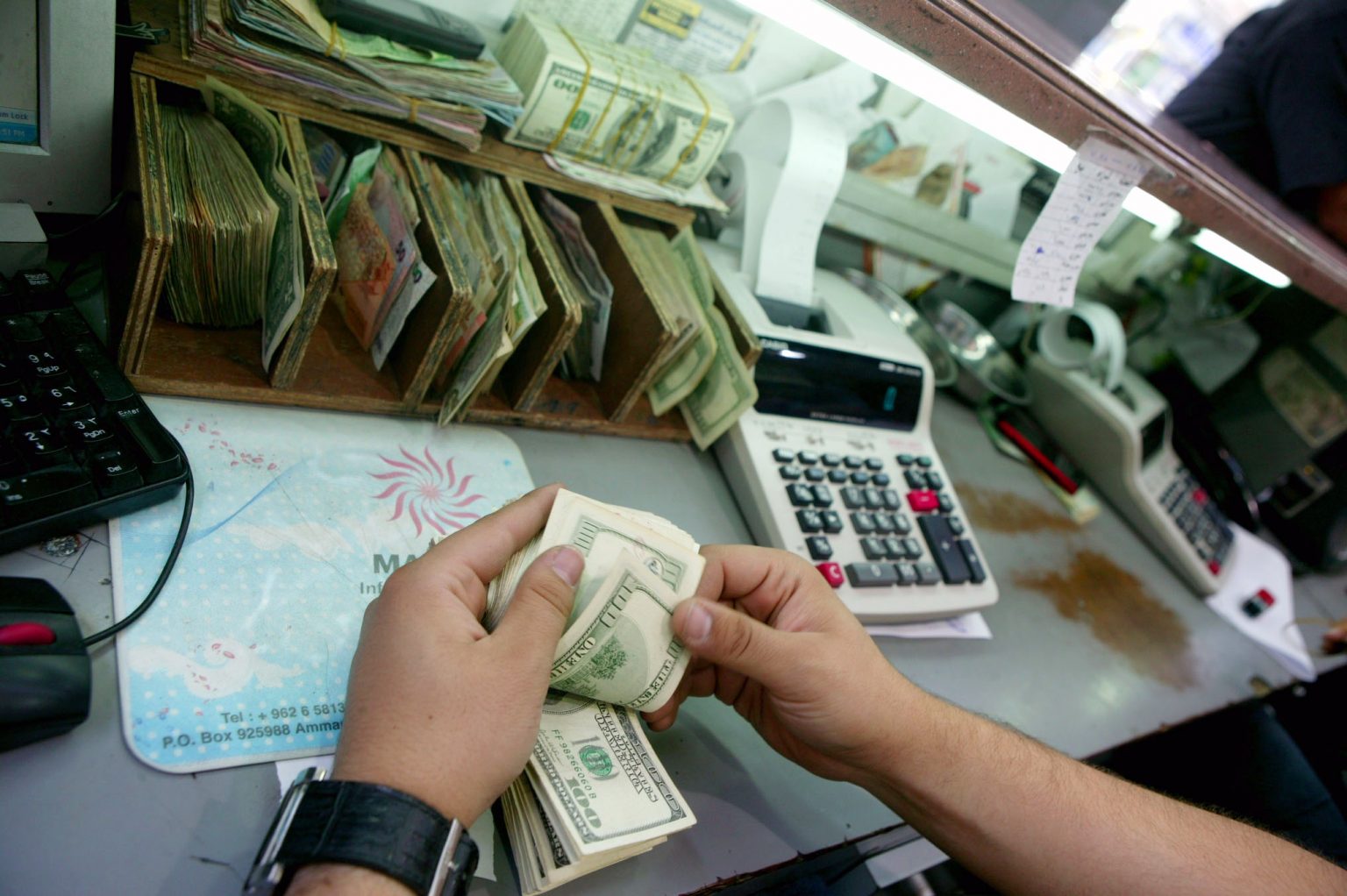Jordanians’ purchasing power has declined in light of the state of caution over the fate of prices that are gradually rising and the wave of high prices that is sweeping the markets.
The consumers’ purchasing power weakened in terms of goods in general, especially food supplies, at a time when Jordan imports the majority of its food needs due to insufficient local production, with the exception of a limited number of goods.
The Jordanian government announced control measures for traders to control prices.
Jordanians’ purchasing power
The private sector called for measures that would enhance the strategic stockpile of foodstuffs by motivating importers to purchase more quantities during the coming period to cover the needs.
Prices in Jordan witnessed a significant increase during the past few months, which was reflected in the purchasing capabilities of many families, as demand declined and traders became increasingly concerned about the deepening of the damage.
In turn, Nael Al-Kabariti, President of the Jordan Chamber of Commerce, says: “We have warned several times, as a commercial sector, of the dangers of what is happening in global markets and its repercussions on Jordan in terms of high prices and low stock of goods, which requires real and effective measures to reduce locally high prices and enhance stocks of basic food commodities.”
Al-Kabariti adds that the Jordanian commercial sector is in need of stimulus measures today, such as providing credit facilities with higher ceilings than those set recently by the Central Bank for the purpose of financing the import of foodstuffs at an interest cost lower than the current rates.
Credit facilities
The Central Bank decided, earlier this November, to raise the ceiling of credit facilities provided by banks at reduced interest rates for wholesalers to 600,000 dinars ($846,000) instead of 350,000 thousand dinars, and for retail traders from 175,000 dinars to 200,000 dinars.
According to the head of the Jordan Chamber of Commerce, this increase is good, but it does not motivate traders to supply larger quantities of food supplies during the coming period and to maintain stocks within acceptable levels for each commodity in light of the rise in prices and the increase in demand for food worldwide.
He also indicated that the ceiling of the financing was requested to be raised to $1.41 million for wholesalers.
He points to the need to simplify the procedures for entering foodstuffs from all border crossings and the port of Aqaba, in addition to removing obstacles that prevent the flow of goods between Jordan and Syria in both directions.
In contrast to the concerns expressed by traders about the stock of goods, Suleiman Al-Saud, director of the Market Control Directorate at the Ministry of Industry, Trade and Supply, says that “the situation of the stock of food supplies is comfortable, and the ministry is working to motivate traders to continue importing and increasing quantities, especially of basic commodities, in addition to strengthening the work of local food industries.
Al-Saud also added: “The ministry monitors daily the prices of food commodities in the market and follows up the quantities through the early warning system, which monitors the quantities of food entering the country from all border crossings.”
